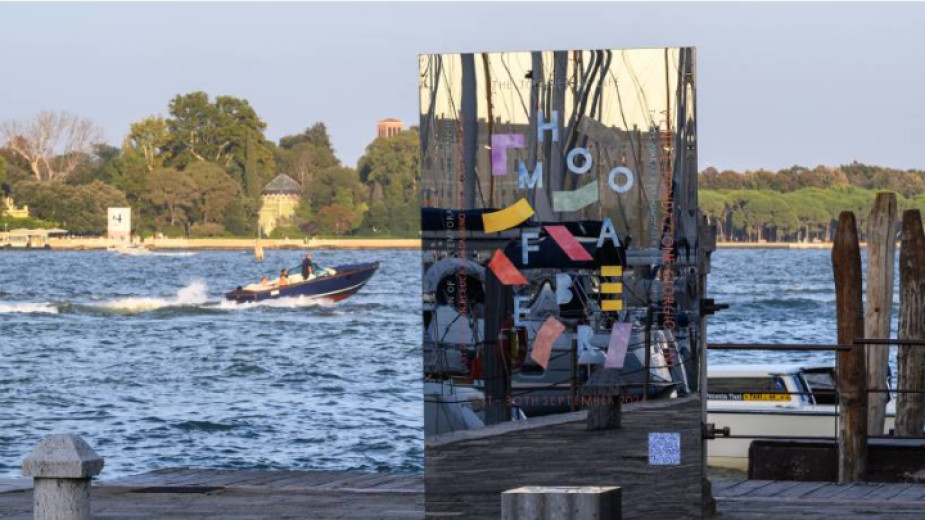 8
8
Bulgarian culture and tradition, until recently exotic to the rest of the world, is gradually becoming part of 21st century world culture – with the country’s participation in Homo Faber, the biggest forum of creative artisanship and contemporary craftsmanship. 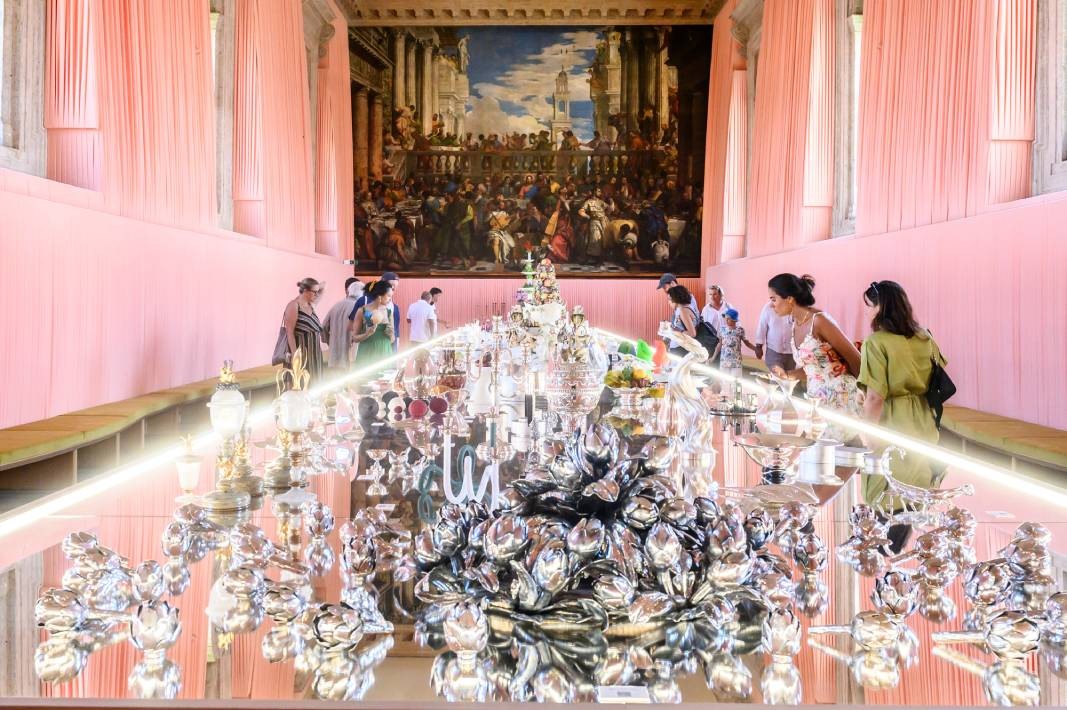
Hand-crafted goods blending the Bulgarian national tradition with elements of the lifestyle and history of the country, have left Bulgaria to be included in the Homo Faber Biennial, which will be on in Venice until 30 September. The event is organized by the Swiss Michelangelo Foundation for Creativity and Craftsmanship, and the venue is the magnificent island of San Giorgio Maggiore in Venice. Around 70 countries are presenting works of creative artisanship and jewellery in 10 exhibitions halls titled “The journey of life”.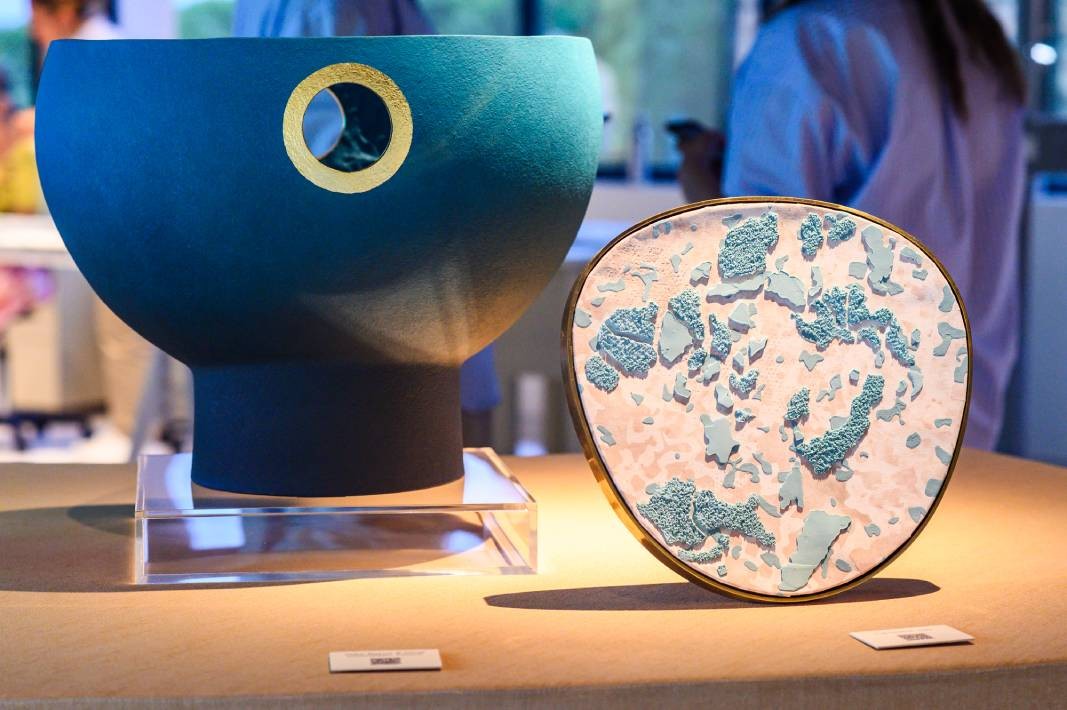
“The foundation is interested not so much in successful authors as in authors who are ambassadors of the Bulgarian identity,” says Rosina Pencheva, chair of Homo Faber for Bulgaria, and adds that this event is very important for us because it presents the country globally.
The three Bulgarians taking part in this year’s biennial are Dimitar Stankov – a Bulgarian silversmith working in Belgium, and in his work frequently interpreting Bulgarian tradition, Lyudmil Yordanov – a third-generation traditional Bulgarian Kukeri mask craftsman, and interior designer Yana Tsenov, selected to be an exhibition guide whose task it is to acquaint visitors with the each of the works and their authors. 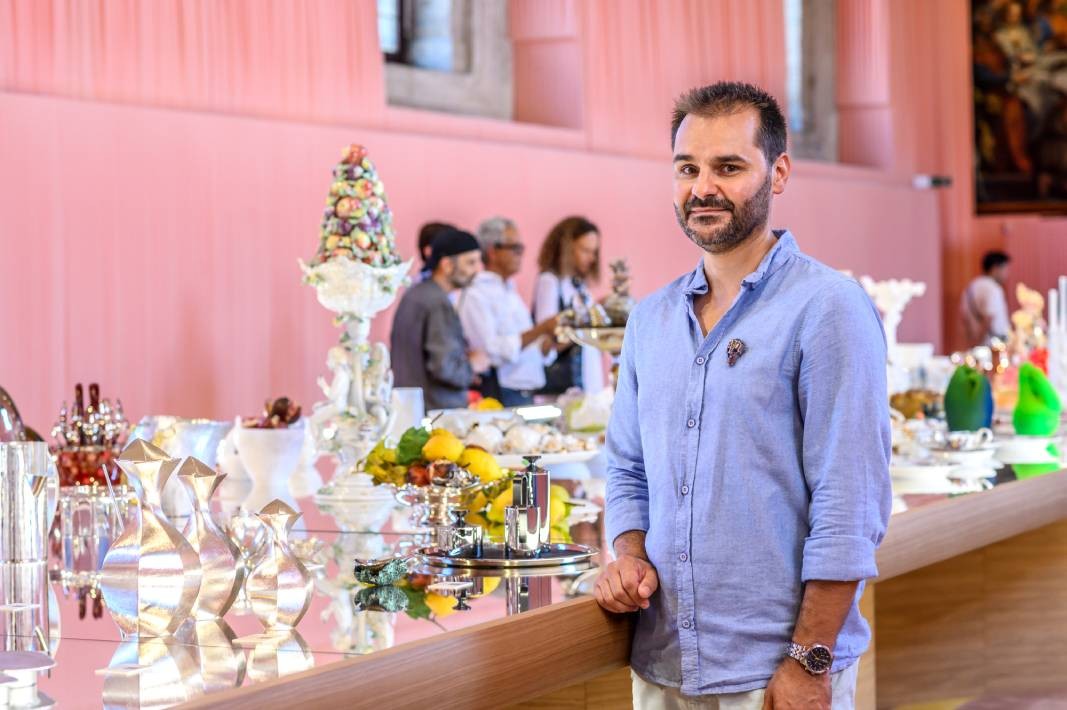
Dimitar Stankov has been lucky to be one of the few people the foundation has selected as a participant for the second time so as to follow through his creative work. In an interview with Radio Sofia’s Bozhidar Yanev, Dimitar Stankov talks about the inspiration for the works he is displaying at the biennial:
“The pieces I created for this edition were specifically crafted for the room Celebrations. My inspiration was the Japanese tradition of sake drinking and the whole story surrounding this ritual, the way people communicate with one another, and I combine it with Bulgarian tradition. There is a big difference between jewellery makers in Europe and jewellery makers in Bulgaria. Jewellery makers in Western Europe are more specialized - some only mount the stone, others only polish it, whereas Bulgarian jewellery makers have a broader kind of education and in most cases make the piece themselves from beginning to end, and are capable of doing everything themselves. Luckily, I am able to convey the Bulgarian tradition and to be versatile in terms of technique.”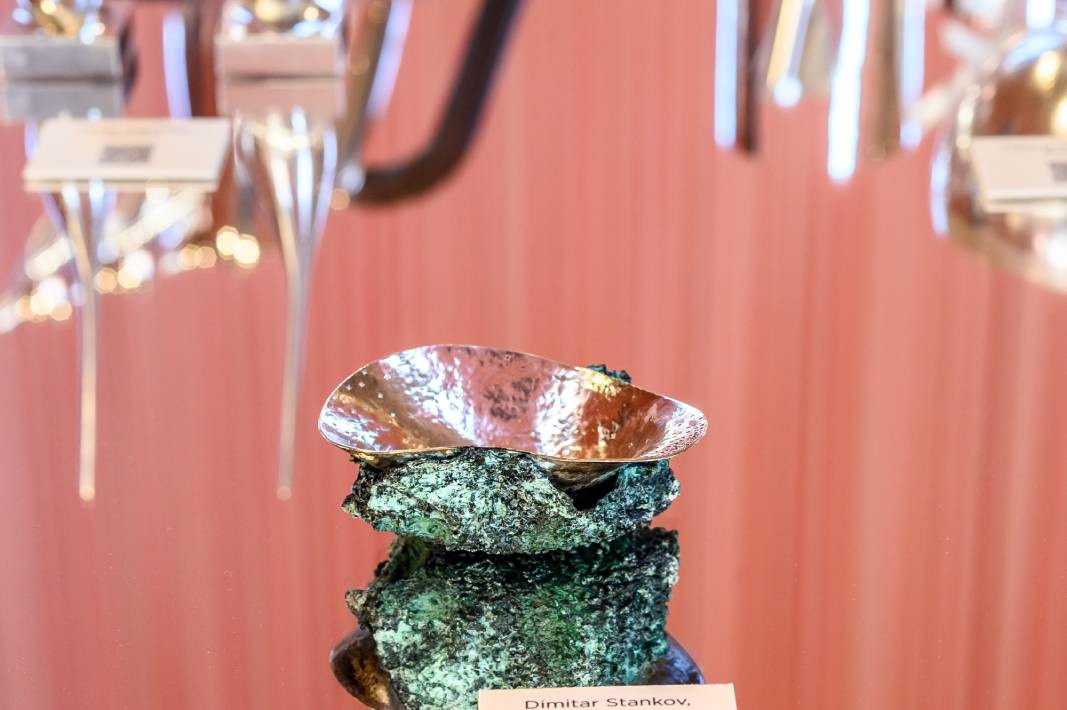
Dimitar Stankov’s ritual sake cup is on show in Celebration hall, and Lyudmil Yordanov’s two Kukeri masks – in Dreams. What the difference between them is, and what kind of materials they used to make them – the answer from Lyudmil Yordanov: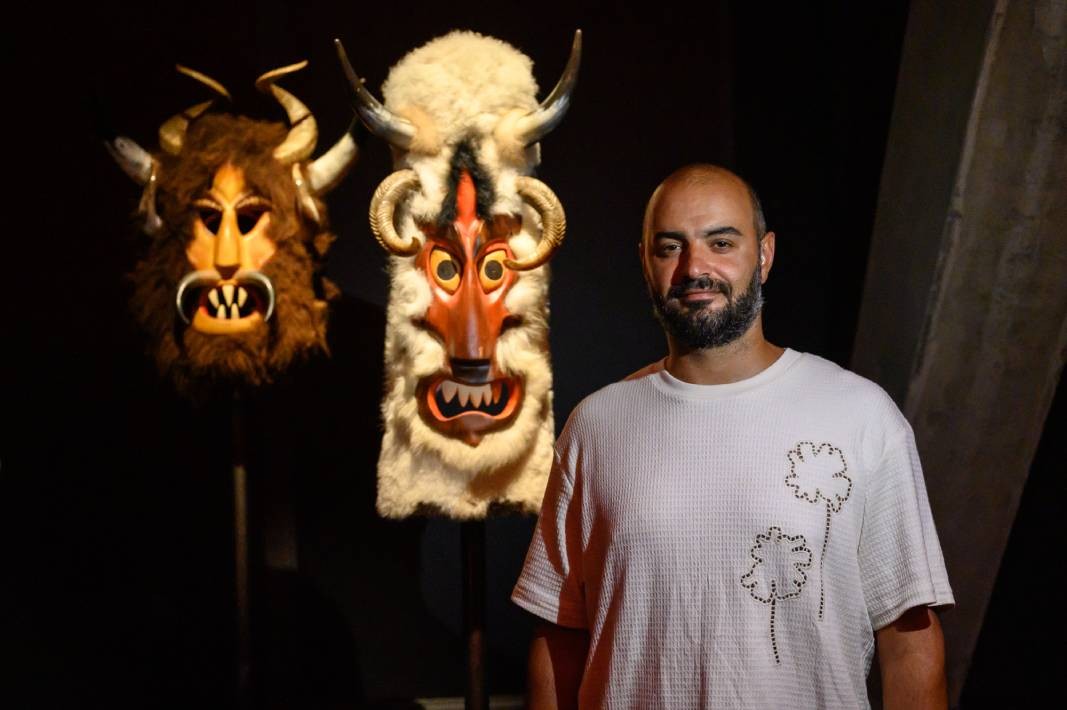
“One of them is a souvenir Kukeri mask, and the other is a ritual mask which took part in this year’s Surva masquerade festival, and in a number of other festivals. The last one of them was in South Korea (a culture dance festival), where we presented Bulgaria with my survakari group. They are made entirely of natural materials – wood, sheepskin, and to make them more fearsome, we use horns from non-endangered animals. I come from a family of artisans who respect Bulgarian traditions. Оor more than half a century my family has been taking part in the Surva festival, making survakari masks and taking part in different festivals in the country and abroad.”
The Homo Faber Biennial for creative artisanship and contemporary craftsmanship on the island of San Giorgio Maggiore island, Venice, will be welcoming visitors throughout September.
Interviews by Bozhidar Yanev, Radio Sofia, BNR
Text by Desislava Shapkarova
Translated and posted by Milena Daynova
Photos: Homo Faber team/Rosina Pencheva
On Theater Day - March 27, the Union of Artists in Bulgaria traditionally presented the National Awards for Performing Arts IKAR. The award for outstanding contribution to Bulgarian theatre went to actor Yavor Milushev and was..
Bulgarian authors and cultural figures are representing our country at the Leipzig Book Fair 2025. Among them is poet, writer, composer and musician Emanuil Vidinski, who will participate today in the discussion "Between Germany and Bulgaria",..
For the 51st time, the Ikar Performing Arts Awards will be presented at an official ceremony at the Ivan Vazov National Theatre in Sofia on 27 March - World Theatre Day. The theme of IKAR 2025 is 'PARTY Coalition' - a reflection of the political..
The oldest opera theatre in Bulgaria outside the capital Sofia - the Stara Zagora Opera , which is celebrating a remarkable centennial anniversary this..
For the 51st time, the Ikar Performing Arts Awards will be presented at an official ceremony at the Ivan Vazov National Theatre in Sofia on 27 March -..
Bulgarian authors and cultural figures are representing our country at the Leipzig Book Fair 2025. Among them is poet, writer, composer and musician..

+359 2 9336 661
